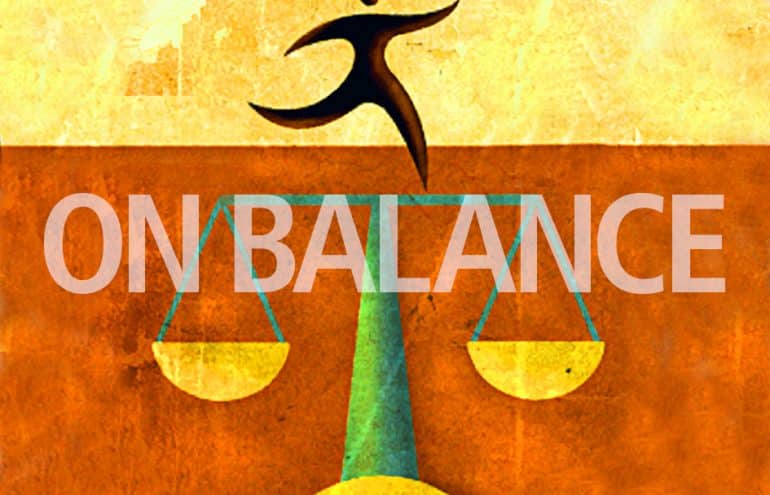More than once recently, I have consulted with a client and heard stories of their contact with other lawyers working in my field. Sometimes their stories confirm that I am giving similar advice, but sometimes I am appalled at what I hear about my competitors’ behavior.
The question is, what can and should we do when we learn about colleagues’ poor behavior?
Ethically Speaking (about Competitors’ Behavior)
From an ethics perspective, often there is nothing for you to do about other lawyers who are simply being slimy. For instance, one of my clients had also called a colleague of mine before speaking to me. I viewed this client’s matter as one he could easily handle on his own after a brief call and some guidance from me. He had no need to hire representation and his exposure was minimal. However, the other lawyer attempted to scare him into full representation for thousands of dollars, insisting my client was facing disbarment. I shudder to hear of these tactics, but being a scaremonger isn’t an ethics violation.
Now, if these lawyers are actually violating ethics rules, you can — and perhaps must — report them to the state bar. In California, the rule on reporting violations of ethics rules is permissive: You may report them if you choose to do so. In many states, reporting of ethics violations is mandatory, and failure to do so is itself a violation. However, we often don’t have firsthand knowledge of ethics violations by our competition, but we hear unsubstantiated stories instead. For example, I have heard tales of a colleague soliciting business in person, in direct violation of the rules, but I would never report this lawyer based on those rumors.
Without clear ethics violations, we are left to compete with others who use these tactics.
How Differentiation Grows a Practice
The value in hearing these stories is that you learn where to differentiate yourself. If you are an immigration lawyer, for example, and your competition is trading on fear and extracting large fees from clients, you can turn your practice into a kinder, gentler place to seek assistance. Provide counseling and resources, collect fees on a scale that meets both the client’s and your needs, and separate yourself from the fear-stoking lawyers in town. Whichever your field of specialization, find out what the competition is up to and be different.
Look at it this way: Everyone needs to see a dentist and no one really likes to. One dentist in town may tell every patient they need root canals or else they will lose their teeth. He may collect a lot of money from scared patients. However, an ethical dentist will build a reputation as being kind and honest, someone who won’t recommend unnecessary treatment even if it would get her more money, and who treats patients respectfully and makes them comfortable, giving them appropriate care at a fair price.
It is easy to see which dentist you would choose if you knew the facts. The ethical dentist will ultimately have the more robust and profitable practice because of repeat business, referrals and new patients owing to a great reputation.
The same goes for lawyers. If you are known as the lawyer who calms the situation for which the client needs you, at least from their end (even if you are a pit bull to the other side), clients will want to come to you and send their friends, too.
How to Differentiate, Ethically
It is all well and good to want to stand apart from your colleagues, but besides behaving differently, how do you differentiate yourself in the market? How do you let people know that you are actually different?
What’s more, how do you ensure that you are not a living testament to “nice guys finish last”?
Say it loudly. If you want to be different, tell the world you are different. Your website can announce it; there is no need to be shy. Your tax law colleagues may use their homepage to tell potential clients, “Failing to pay your income taxes is a crime!” Well, you could say: “If you have not filed your income taxes, even for years, I will not demonize you or call you a criminal.”
Have others say it. Client testimonials speak volumes to potential clients. They are far more effective than your own words. Ask clients if you can use their comments about you on your website. Ask them to review you on Avvo, LinkedIn or Yelp, and to tell their friends and family about you. Clients have used phrases like “kind bedside manner” and “not judging” when describing their experiences with me. Those are strong phrases that, coming from their mouths, can have a tremendous impact. If you find it difficult to ask for testimonials, use a tool like Get Five Stars to help collect them.
Don’t shy away from standing out. When you are on a mission to be different, it can be difficult not to be a joiner when face to face with your colleagues. If you start advertising that you are not like your colleagues, those other lawyers may shun you at the next bar meeting or cocktail party. So be it. You will be building a very different practice.
Make sure to carry your new way forward, following it through from your advertising message to the details of your client service!
Illustration ©imagezoo.com
Sign Up for ‘One Really Good Idea Every Day’
Get Attorney at Work’s daily dispatch every day in your inbox, just sign up here.

















